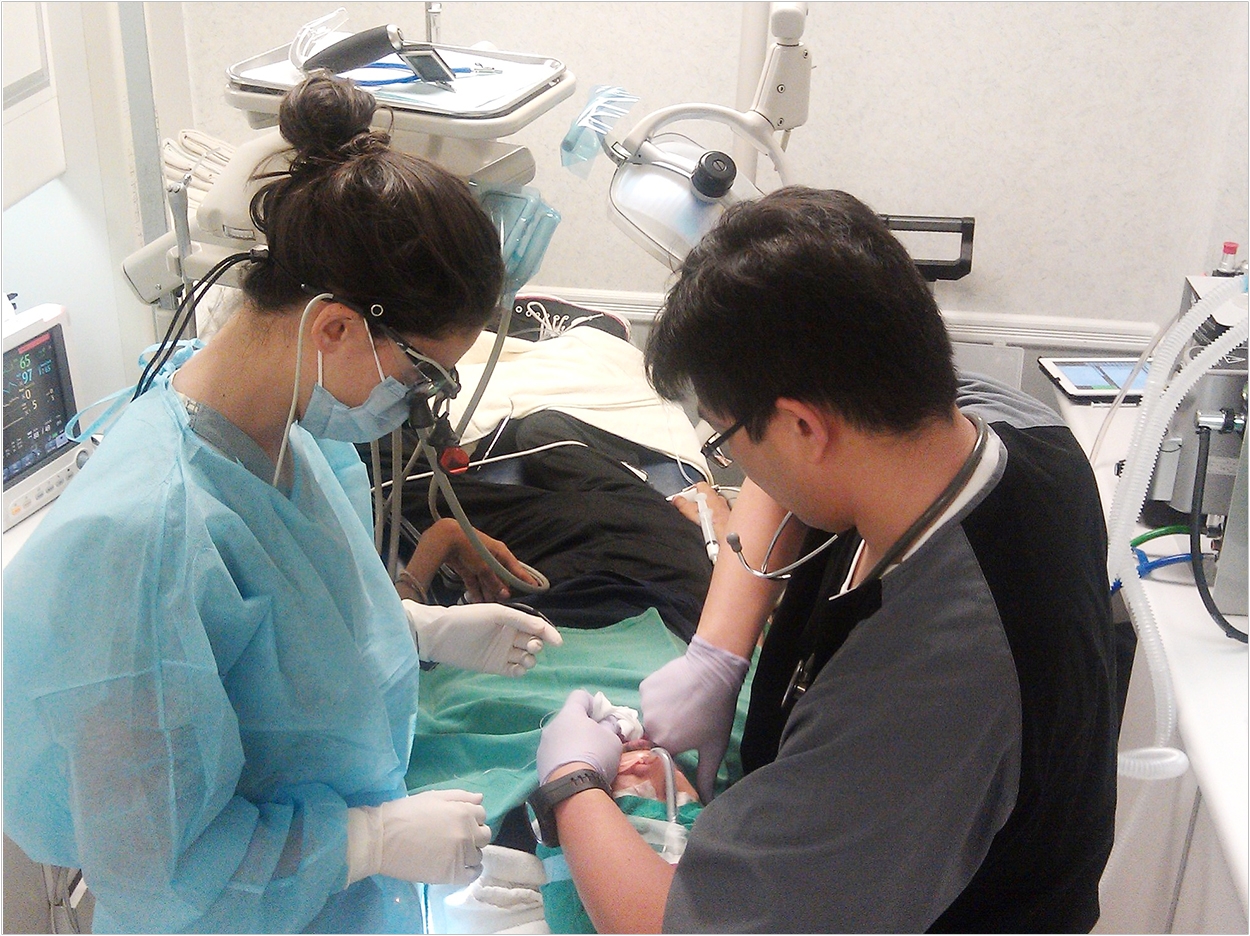
California Assemblymember David Chiu (D-San Francisco) has drafted a bill that would maximize public funding for special needs dental clinics. Assembly Bill 2146 would create a mechanism for dental clinics at public universities to access federal matching dollars to increase access to dental care for Californians with developmental disabilities and other special healthcare needs.
“Dental care is such a vital part of maintaining good health, and yet it is so often overlooked in broader healthcare conversations,” said Chiu. “The special needs dental clinics at our public universities are a lifeline for many, but they need more resources to increase access and care for our most vulnerable.”
People with developmental or intellectual disabilities have a difficult time accessing dental care and completing daily tasks that are conducive to good oral health, Chiu’s office reports, yet they are in desperate need of regular dental care as research has shown disproportionately high rates of dental disease and tooth decay among people with disabilities.
Most dentists are not equipped to provide care for people with developmental disabilities, Chiu’s office continues. Due to the specialized care, patients have relatively few options. Special needs dental clinics at California universities have stepped in to close this gap in care for patients with developmental disabilities and other special needs.
While these clinics provide patients with low-cost dental care, they also provide dental students with training, leading to an overall increase in the number of providers who are able to treat patients with special needs. But special needs dental clinics are extremely oversubscribed, Chiu’s office says, and patients must endure a minimum year-long wait list for treatment.
Of the six dental school special needs clinics in California, only the University of California San Francisco (UCSF) and University of California Los Angeles (UCLA) are at public universities. UCSF and UCLA are two of the largest and most robust programs, Chiu’s office says, but they are underfunded and over capacity.
AB 2146 will authorize public university dental schools to enter into an intergovernmental transfer agreement with the California Department of Health Care Services and the federal Center for Medicare and Medicaid Services.
This will allow schools to capture federal matching dollars, maximizing public dollars to treat dental patients with special needs without an impact to California’s general fund, Chiu’s office says. Also, medical providers have expressed support for the bill and highlighted the importance of increasing access to care for special needs patients.
“This proposed legislation recognizes the importance of oral health for all members of society, including our most vulnerable special needs patients. Additionally, this is great recognition of the role of our public academic health centers in California, of which the UCSF School of Dentistry is a part,” said Michael Reddy, DMD, DMSc, dean of the UCSF School of Dentistry.
“UCSF takes pride in focusing on the health of the entire patient. This can’t happen without oral health. And, of course, it is part of UC’s public mission to serve all members of society. We applaud Assemblyman Chiu for his forward-thinking vision recognizing the importance of oral health,” said Reddy.
“There is a lack of access to dental care for people with disabilities and special needs in California. California needs a system to support dentists willing and able to see patients with special health needs,” said Dr. Ben Meisel, medical director of the San Francisco City and County California Children’s Services Program.
“Dental training institutions are an essential part of the solution, from providing the actual care to training more advanced practice dentists in special needs dentistry, to helping develop support services that will enable community dentists to provide special needs dental care as well,” said Meisel.
The California Dental Association (CDA) is sponsoring AB 2146.
“The goal of this legislation is to ensure special needs patients can access medically necessary dental care without significant delays,” said CDA president Richard Nagy, DDS. “It is important for university special needs dental clinics to have the ability to utilize every tool possible to support the training and cost of providing dental care for California’s vulnerable residents.”
AB 2146 is expected to be heard in the Assembly Health Committee this spring.
Related Articles
Clinic Specializes in Dentistry for Patients With Special Needs
Improving Oral Health Outcomes for Children With Special Needs
Special Needs Dentistry: Making a Difference for Patients and Caregivers


